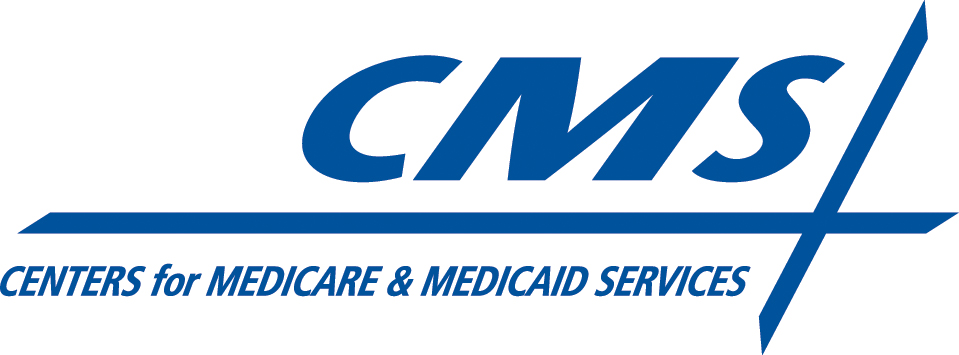Medicare officials seeking public comment during the July 18 meeting
Changes in how the Medicare program will reimburse pathology groups and clinical laboratories for genetic tests and molecular diagnostic assays will be one of the important topics at an upcoming meeting in Baltimore on July 18, 2011. The federal Centers for Medicare and Medicaid Services (CMS) will conduct the meeting at its headquarters and is asking for public comment as it develops coverage guidelines and reimbursement levels for the 2012 laboratory test fee schedule.
As many pathologists and medical laboratory managers know, a major effort to revise and update CPT codes for genetic and molecular tests performed by clinical laboratories is moving forward. The goal is to recognize advances in this field of diagnostic testing by updating the CPT codes. Another goal, widely supported by private health insurance plans, is to reduce the use of “code stacking” as the primary coding and claims methodology that must be used for a large number of genetic and molecular medical laboratory tests.
Pathologists Track Effort to Create New Molecular Test CPT Codes
This collective activity to reform and revise both the CPT codes and the reimbursement guidelines for a wide range of genetic tests and molecular assays can potentially re-shift the existing economics of performing certain genetic tests and molecular diagnostics assays. For this reason, the proposed reforms to molecular CPT codes, coverage guidelines, and reimbursement has the full attention of many in the clinical laboratory testing industry.
The stakes for some medical laboratory testing companies are substantial, depending on how CMS and private health insurers decide to establish new coverage guidelines and different (by which some observers expect to be: “less”) reimbursement for some existing genetic tests and molecular assays. Any number of pathology groups and medical laboratory testing companies could see a significant reduction in revenue, compared to what they are paid under the current reimbursement system.
It was back in February, 2011, when the American Medical Association (AMA) Molecular Pathology Workgroup unveiled its proposed additions and revisions to CPT codes for genetic tests and molecular diagnostic assays. It then gathered public comment and finalized its proposals in June.

CMS Solicits Public Comment about Revised CPT Codes for Genetic Tests
Now, attention is shifting to CMS. Medicare officials announced that, on July 18, 2011, it would “host a separate information session aimed at discussing new genetic testing codes.” In the press release, CMS said “While we are not accepting payment recommendations at this time for genetic testing, we would like to open discussions to the public on recommendations going forward on how these codes should be addressed.”
Also in the press release, CMS identified three areas of input it seeks from stakeholders. These topics are:
- One, CMS would like stakeholders to comment about which types of genetic and molecular tests should be incorporated into the medical lab charge plan, and which tests should be incorporated into the medical professional charge plan;
- Two, stakeholders are invited to comment on how existing CPT codes might better reflect the steps—including methods and techniques—used in specific genetic and molecular laboratory tests; and,
- Three, CMS would input from stakeholders about “how various genetic tests are similar to/different from existing laboratory tests.”
It was back in December 2009 that the CPT Editorial Panel Molecular Pathology Codification Workgroup of the AMA convened and began the work necessary to develop new codes for molecular diagnostics. The workgroup released its recommendations early in 2011. Some recommendations are designed to amend the CPT codification structure so that molecular diagnostics would fall in one of two tiers. Tier One codes describe “nearly all normally carried out medical molecular analyses.” Tier Two codes include “medically helpful practices that are in general carried out in lower volumes than Tier One practices.”
Opportunity for Clinical Laboratories to Submit Comment to CMS
Within the medical laboratory testing community that is most engaged with genetic tests and molecular diagnostics, it is recognized that the effort to revise and reform CPT codes, coverage guidelines and reimbursement, could significantly change the existing economics of performing such testing. For this reason, it is expected that a sizeable crowd of pathologists, clinical laboratory managers, and executives from the biotech industry will be in attendance and ready to offer their comments to Medicare officials.
Related Information:
CMS: Information Session: Discussion on New Genetic Testing Codes



